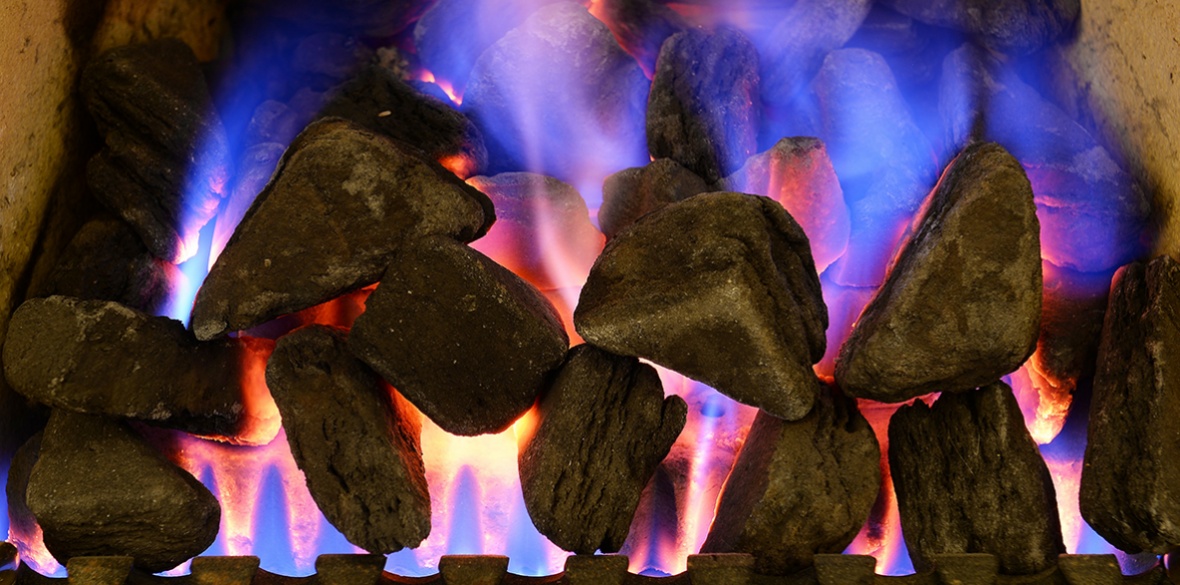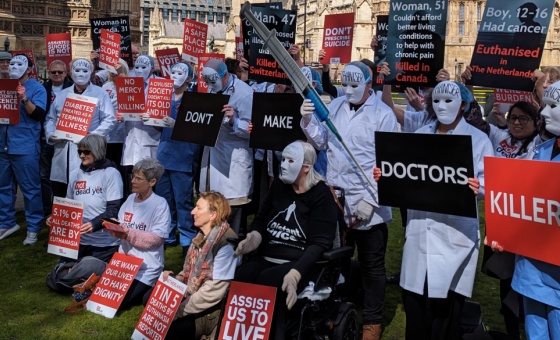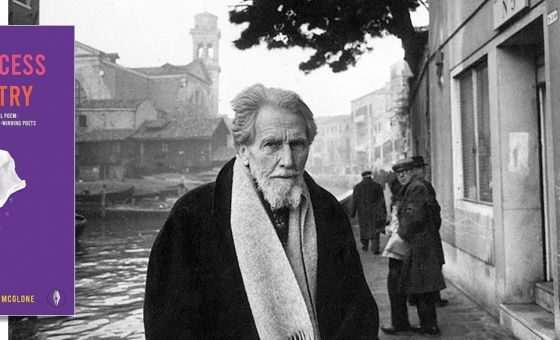This is the last article you can read this month
You can read more article this month
You can read more articles this month
Sorry your limit is up for this month
Reset on:
Please help support the Morning Star by subscribing here
THREE million households are doomed to remain trapped in fuel poverty by 2030 as the government is set to fail to meet its energy efficiency targets, according to new research.
The report surfaced as the Office of National Statistics (ONS) issued new data today that found that some four in 10 adults reported finding it “very” or “somewhat” difficult to afford their energy bills, while 14 per cent of those finding it hard to keep warm in their home also experienced difficulties affording food.
The National Energy Action and Energy Action Scotland report has found that the poorest households could be left paying £480 more a year to meet their energy needs while remaining in cold, damp and unhealthy homes.
It found that the government is projected to miss its target to upgrade the energy efficiency of homes to at least a band C “by a staggering margin.”
An independent analysis by Gemserv found there is a funding shortfall of at least £18 billion for the measures needed to meet the legal requirement to ensure fuel-poor homes in England are brought up to standard by 2030.
With the funding gap only set to widen, Adam Scorer, National Energy Action head, urged speedy action: “The quicker we act, the greater the benefits that are generated.”
Shockingly, the ONS analysis, based on surveys of 12,000 people, found that 1 in 25 reported that in the past two weeks they or their household had run out of food and could not afford to buy more.
Andrew Forsey, national director of Feeding Britain, said: “These figures provide a chilling reminder that, for all too many people in our country, the costs of food and other essentials remain unaffordable.
“The leaders of the three largest parties in Westminster have all said they want to reduce the need for foodbanks: we now need policies to back up those words.”
Food and non-alcoholic drink prices were 8 per cent higher in December 2023 compared with the previous year, according to the consumer prices index.
Foodbank charity the Trussell Trust director of policy Helen Barnard said: “Foodbanks are at breaking point, and this new data from the ONS shows why.”
She added that the scale and depth of hardship currently witnessed at trust foodbanks is simply unacceptable.
“The government must step up to meet its moral duty to protect its citizens from severe hardship,” she said.
Ms Barnard called for the introduction of an essentials guarantee into universal credit “so that everyone has enough money to afford the essentials,” and called for an extension of the household support fund — the scheme to help the most vulnerable during the cost-of-living crisis is due to stop in March.
“Planned reforms to the work capability assessment should be paused and rethought to ensure they do not drive even more disabled people into poverty,” she said.
ONS research found that 49 per cent of disabled adults were finding it difficult or “somewhat” difficult to afford their energy bills: much higher than non-disabled adults (34 per cent).
Linda Burnip, from Disabled People Against Cuts, said it was no surprise that so many disabled people are finding it difficult to pay their energy bills, “particularly as many of them are also forced to pay higher and higher amounts for essential social care which they need,” she said.
According to disability charity Scope, the extra cost of disability is the equivalent to 63 per cent of household income after housing costs.
Georgina Smerald, policy research manager at disability charity Sense, said: “Today’s news that half of disabled adults are struggling to afford their energy bills should serve as an urgent wake-up call to the government that they need to act now to address the disability cost-of-living crisis.
“Many disabled people are paying exorbitant prices to power essential equipment such as powered wheelchairs or feeding machines, driving some into desperate situations.”
Ms Smerald urged the government to keep its pledge to look into introducing a social energy tariff. Under the tariff, those eligible, such as disabled people, their carers and low-income households, would get discounted energy bills.
She said: “This would be a long-term solution that levels the financial playing field for disabled people who have unavoidable extra energy costs.”











